This page was reviewed but not written by the grant investigator. NTI staff also reviewed this page prior to publication.
The Open Philanthropy Project awarded a grant of $6,000,000 over three years to the Nuclear Threat Initiative (NTI) to support its biosecurity program. NTI is a nonpartisan, nonprofit organization based in Washington, DC, that works on policy analysis and capacity-building projects, among other approaches, to reduce risks posed by weapons of mass destruction and disruption (WMD)—including nuclear, chemical, biological, radiological, and cyber weapons. This grant falls within our focus area of biosecurity and pandemic preparedness, and is intended to expand and sustain NTI’s biosecurity program.
Our Program Officer for Biosecurity and Pandemic Preparedness, Jaime Yassif, considers NTI one of the most globally influential and effective organizations working to reduce WMD risks and has particular confidence in Dr. Elizabeth Cameron, who recently joined NTI to lead its biosecurity program. Based on these and other factors, we believe NTI has the potential to do impactful and important work over the next few years, much of which could be relevant to mitigating global catastrophic risks (GCRs).
1. Background
1.1 The cause
This grant falls within our work on biosecurity and pandemic preparedness, one of our focus areas within global catastrophic risks. We consider biosecurity a neglected area, particularly with regard to GCRs, and this grant is part of a broader effort to fund effective organizations and individuals working in this space that we find credible and that share some of our biosecurity priorities.
1.2 The organization
NTI is a nonprofit, nonpartisan organization based in Washington, DC, and its mission is to strengthen global security by reducing risks posed by weapons of mass destruction and disruption—including nuclear, chemical, biological, radiological, and cyber weapons.
NTI was founded in 2001 by former U.S. Senator Sam Nunn and philanthropist Ted Turner, and is governed by an influential international Board of Directors. Ernest Moniz, former U.S. Secretary of Energy, became NTI’s Chief Executive Officer in June 2017.1
We consider NTI to be one of the most effective non-governmental organizations working to reduce WMD risks.
2. About the grant
2.1 Proposed activities
NTI will use this funding to support its biosecurity program and expects to undertake several projects that we consider aligned with our biosecurity and pandemic preparedness priorities, including biosecurity work in China, developing international norms for dual use bioscience research, and a project to develop innovative ideas in the biosurveillance space. Additionally, some funding is reserved for new project ideas generated during the grant period.
The work will be led by Dr. Elizabeth Cameron, who joined NTI in March 2017 and is currently serving as Vice President for Global Biological Policy and Programs. Dr. Cameron previously served as Senior Director for Global Health Security and Biodefense on the White House National Security Council staff.
2.2 Budget and room for more funding
The main budget components of this grant include staff time (approximately $2.1M), project direct costs (approximately $2.65M), flexible funds that can be applied to project ideas developed during the grant term ($750K), and overhead (approximately $500K).
Our impression is that NTI is unlikely to get substantial general support for its biosecurity program from other funders during the grant period, though we expect the organization will receive some support for project-specific activities.
2.3 Case for the grant
Our primary reasons for supporting this grant include:
- NTI’s track record of securing wins in the nuclear security and arms control space. We see NTI as an effective organization with a comparative advantage in working internationally and making progress with foreign governments on challenging security issues.
- Our confidence in Dr. Elizabeth Cameron, who we believe has the requisite track record, knowledge, and experience to successfully lead and expand NTI’s biosecurity work.
- NTI appears open to considering work focused on GCR prevention. NTI is part of the WMD threat reduction community, and some of its current and historical focus has included GCR-relevant topics, such as focusing on the risks of high-consequence, mass-fatality events caused by deliberate actors, particularly with nuclear and chemical weapons. While we do not expect NTI to share our degree of focus on GCR prevention, we do anticipate some GCR-relevant outcomes from this grant and believe NTI will have a moderate level of engagement with GCR concepts within the grant period.
Finally, as mentioned above, we consider biosecurity a neglected area, particularly with regard to GCRs, and this grant is part of a broader effort to fund influential organizations and individuals working in this space that we find credible and that share some of our priorities.
3. Risks and reservations
Our primary open question for this grant is whether NTI will be able to successfully execute all planned biosecurity projects over the next three years. NTI has outlined an ambitious set of plans, and it will need to hire additional staff to support its biosecurity program. We think it’s possible NTI will experience delays in staff hiring or project completion.
4. Our process
Jaime had several meetings with Beth Cameron and Deborah Rosenblum, Executive Vice President of NTI. She also reviewed and commented on NTI’s proposed budget and project concept notes.
5. Sources
| DOCUMENT | SOURCE |
|---|---|
| NTI Website, October 2017 | Source (archive) |
